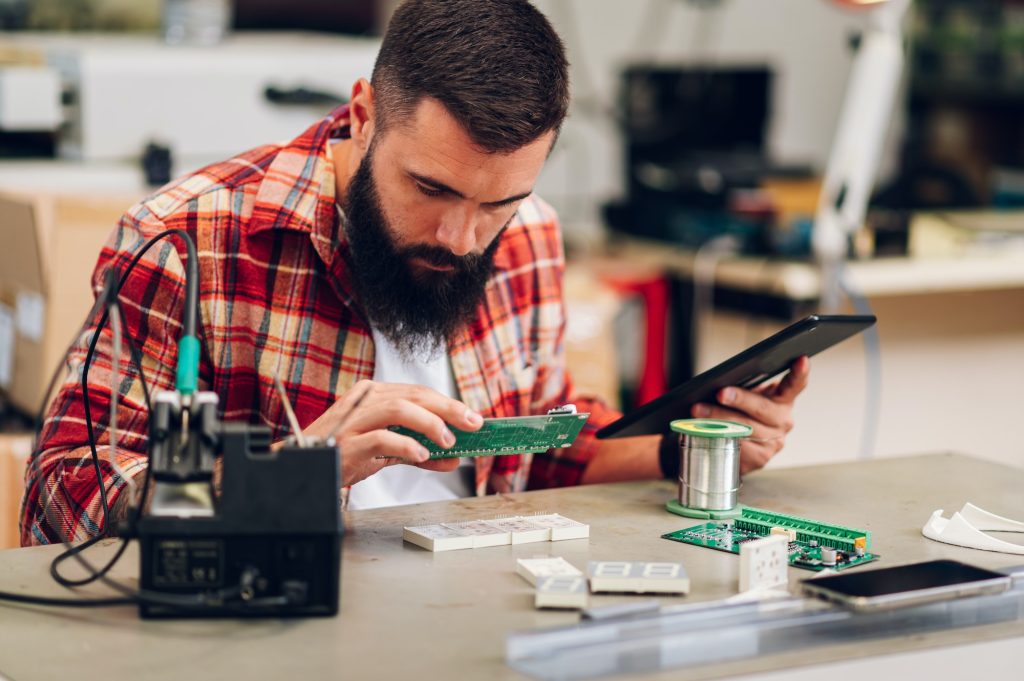
Artificial intelligence (AI) has revolutionized various fields, and electrical and electronic engineering is no exception. With the rapid advancements in technology, AI has become an integral part of this discipline, enhancing efficiency and expanding possibilities.
One significant application of AI in electrical and electronic engineering is in power systems. AI algorithms can analyze vast amounts of data to predict power demand accurately. This enables engineers to optimize energy generation, distribution, and consumption, reducing costs and improving reliability. Moreover, AI can promptly detect faults or anomalies in the power grid, allowing quick response times and minimizing downtime.
Another area where AI has made a profound impact is robotics. By combining AI with electrical and electronic engineering principles, engineers have developed intelligent robots capable of performing complex tasks autonomously. These robots can adapt to changing environments, learn from their experiences, and interact with humans effectively. From manufacturing industries to healthcare settings, these intelligent machines are transforming various sectors.
Furthermore, AI plays a crucial role in the design process of electrical circuits. Engineers can optimize circuit layouts through machine learning algorithms for better performance while reducing costs. Additionally, AI-based simulations enable accurate predictions of circuit behavior before physical implementation.
In conclusion, integrating artificial intelligence into electrical and electronic engineering has brought significant advancements across multiple domains. The potential applications are vast, from power systems optimization to robotics development and circuit design improvements. As technology evolves rapidly, engineers must embrace AI as a tool that enhances their capabilities while pushing the boundaries of innovation in this field.
